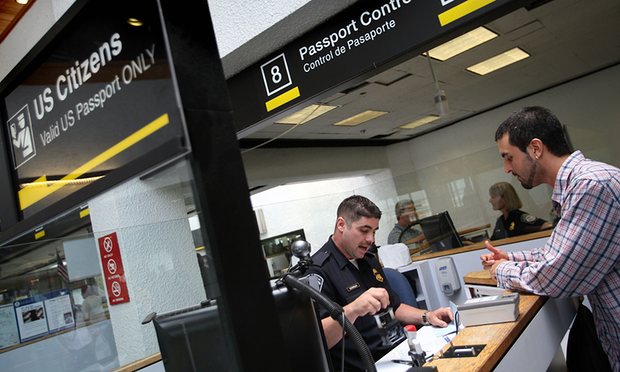Poor Sleepers Worse at Recognizing Unfamiliar Faces
Standing in line at passport control isn’t the most relaxing experience. The officer looks at your passport… at you… back at your passport… back at you. Kind of nerve wracking. But put yourself in their shoes. They’re trying to figure out if your face is actually the same one as that little thumbnail image on the page. Not the easiest task.
“People are often surprised at how poor they are.” David White, a cognitive psychologist at the University of New South Wales in Australia. He’s even tested Australian passport agents at the task. “Their performance was no better than a group of untrained university students.”
In his latest study, White and his colleagues investigated how poor sleep–less than six and a half hours a night–might affect facial recognition. Turns out, bad sleep did lead to more wrong answers on a face-matching task. And study subjects suffering from insomnia, meaning poor sleep plus other symptoms like anxiety, scored badly, too, compared to well-rested subjects.
But here’s the twist: “When they made errors, people in this insomnia group, they actually had higher levels of confidence.” They were more sure of their wrong answers. The results are in Royal Society Open Science. [Louise Beattie et al., Perceptual impairment in face identification with poor sleep]
To avoid these kinds of errors, White suggests security organizations pay more attention to which employees may be sleeping poorly. “That’s more a sort of everyday occurrence, certainly for new parents or people that may have their sleep disrupted by shift work, which is very common in these security and forensic settings.” And that they screen staffers for signs of insomnia, and consider assigning those officers to different jobs, that don’t involve scrutinizing faces all day. Precautions that may help the rest of us sleep a little easier, too.
—Christopher Intagliata





